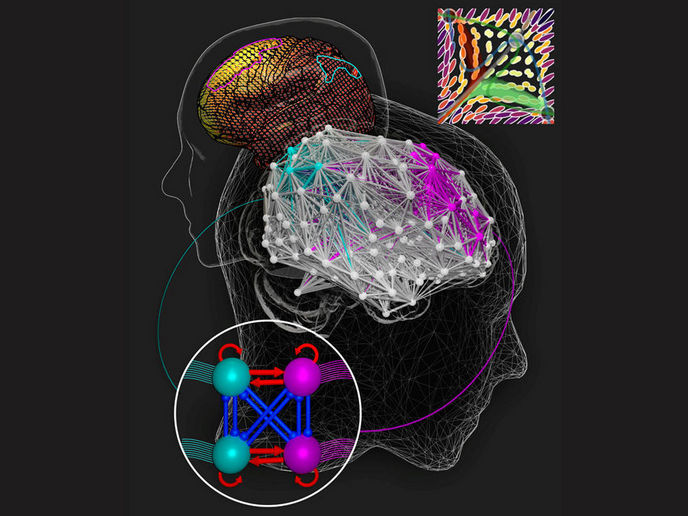Brain digital twins transform neurodegenerative disease care
The prevalence of neurodegenerative disorders such as Alzheimer’s and Parkinson’s disease are expected to rise, alongside associated healthcare costs. Early diagnosis presents a major challenge, as does the variable pathology, prohibiting effective treatments and necessitating individualised diagnostics and interventions.
A virtual research environment for neurodegenerative disorders
The EU-funded VirtualBrainCloud(opens in new window) project aspired to develop a personalised medicine solution based on a cloud-based environment that offers access to multi-disciplinary clinical data and brain simulation for decision making. It incorporates multiple platforms and tools developed for instance during the Human Brain Project(opens in new window) and IMI-AETIONOMY(opens in new window) initiative. “The idea was to provide tools for integrating the health data of individual patients towards digital twins, and to run simulations of these twins in a protected environment,” explains Petra Ritter, project coordinator and Professor in Neuroscience at Charité - University Medicine Berlin in Germany. VirtualBrainCloud is part of the European Open Science Cloud(opens in new window) (EOSC), a pan-European initiative designed for hosting and processing research data to support EU science. EOSC provides the environment, tools and services for the scientific community to publish and explore data for research purposes.
Whole brain simulation and personalised diagnostics
VirtualBrainCloud aimed to revolutionise the field of neurodegeneration by harnessing the power of big data and high-performance computing. Researchers and clinicians analysed multi-omics and neuroimaging data for their predictive performance and clinical feasibility. Alongside rigorous criteria for biomarker-driven classification of patients, these were integrated into disease progression and brain network models. “By applying machine-learning classification algorithms on Digital Twin simulation-inferred data it is possible to identify novel disease mechanisms or to predict disease trajectory,” outlines Ritter. A key objective was to simulate brain avatars containing structure and networks of individual patients to obtain fundamental insight into how the brain works and generates function. VirtualBrainCloud simulations enhanced the diagnostic value(opens in new window) of empirical clinical features, leading to improved classification of patients with different stages of neurodegeneration. According to Ritter: “The VirtualBrainCloud platform also provides a recommendation system for lowering the risk of dementia.” Furthermore, the VirtualBrainCloud platform(opens in new window) was utilised to virtually simulate deep-brain stimulation (DBS), a neuromodulation technique that has been used as a treatment for many neurological disorders including Parkinson’s disease. The platform offered a multi-scale simulation on the DBS outcome, suggesting that after its validation it could serve as a model prior to invasive DBS surgery.
Compliance with EU data protection regulations
The consortium engaged with and implicated patients, society, and policymakers in the development of the VirtualBrainCloud platform. They ensured that sensitive health data, including neuroimaging and brain modelling results, complied with the EU General Data Protection Regulation (GDPR) guidelines. Overall, the project addressed the present lack of digital research data infrastructures offering the flexibility to research teams to collaboratively process sensitive data privately in isolated computing environments, creating own processing workflows. The successful implementation of the cloud-based brain simulation platform is expected to support personalised diagnostics and treatments in neurodegenerative disorders. At the same time, its predictive value will promote prevention and improve the quality of care, contributing towards a more sustainable European healthcare system.







